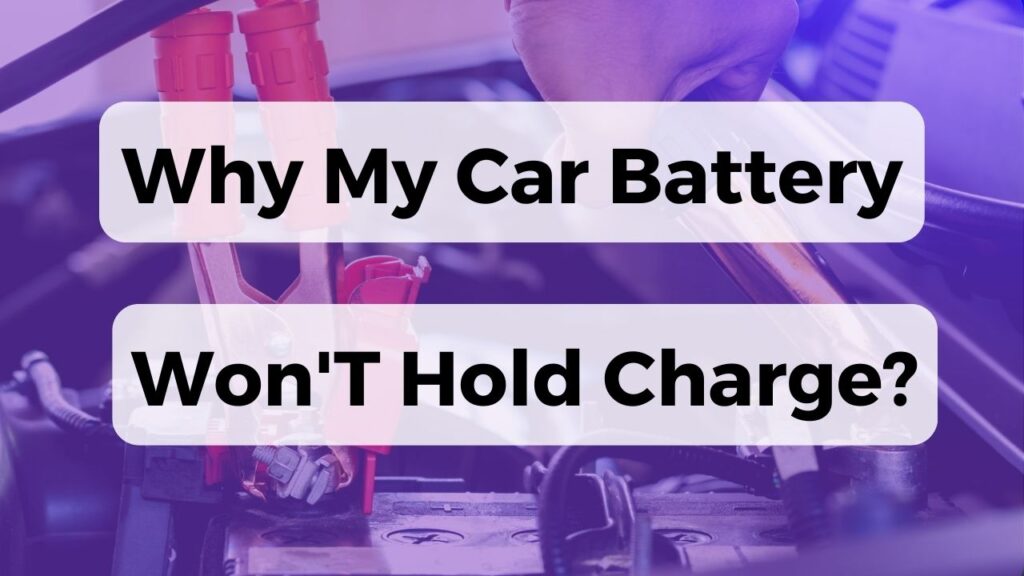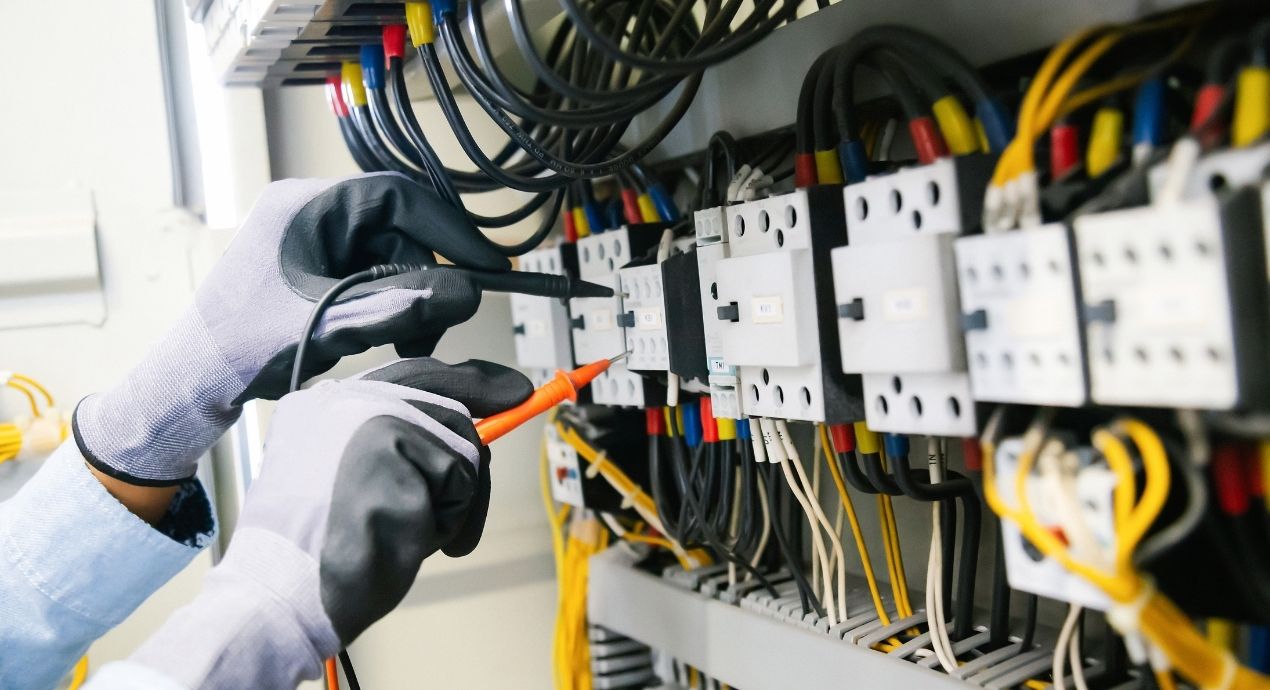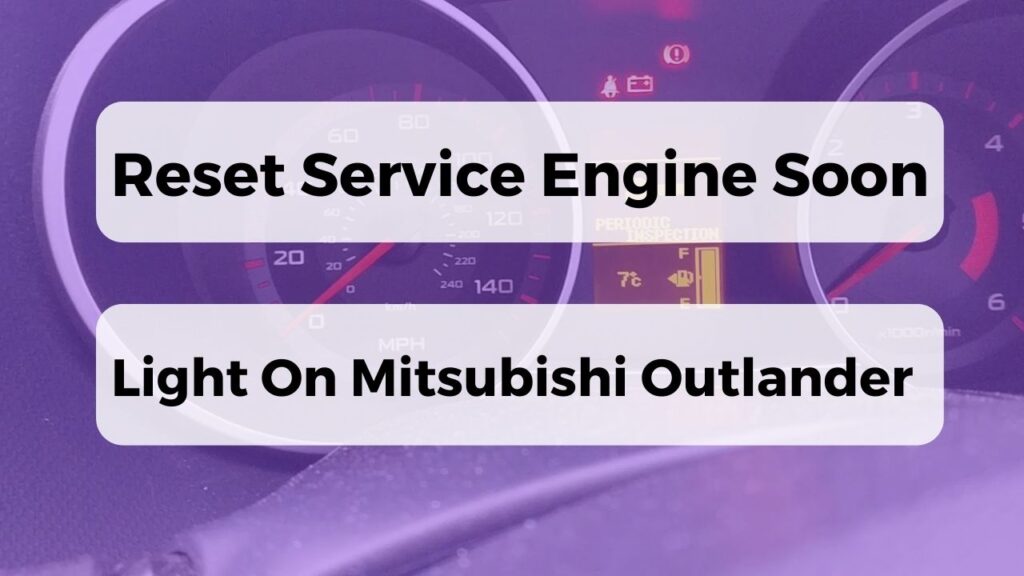Why is it that no matter how many times we charge our car battery, it just won’t hold its charge? It’s a frustrating problem that many of us have faced at some point. But fear not, because in this article, we will dive deep into the various reasons behind this issue and provide you with troubleshooting tips to fix it.
There are several factors that can contribute to a car battery failing to hold its charge. One common cause is the age and wear of the battery itself. Over time, batteries naturally degrade and lose their ability to store energy efficiently.
Another culprit could be a parasitic drain, which occurs when there is an electrical device drawing power from the battery even when the car is off. This constant drain can severely impact the battery’s ability to hold a charge.
Furthermore, a faulty alternator can also lead to a drained battery. The alternator’s job is to recharge the battery while the engine is running, so if it malfunctions, your battery may not receive enough power.
These are just a few examples of what we will explore in detail in this article. So if you’re tired of dealing with a car battery that won’t hold its charge, keep reading for valuable insights and solutions.
Key Takeaways Of Why My Car Battery Won’t Hold Charge?
- Age, wear, and sulfation can cause a car battery to not hold a charge.
- Electrical malfunctions, faulty wiring, and excessive power consumption can drain the battery’s charge.
- Extreme temperatures, both hot and cold, can impact battery efficiency.
- Proper maintenance procedures and recognizing warning signs promptly can maximize the battery’s lifespan and prevent unexpected breakdowns.
Age and Wear of the Battery
You might be wondering why your car battery won’t hold a charge anymore, and one possible reason could be the age and wear of the battery. Over time, batteries naturally degrade due to chemical reactions occurring within them. This degradation is further accelerated by factors like extreme temperatures and frequent deep discharges.
If your battery has reached its lifespan, which is typically around 3-5 years, it may no longer have the capacity to hold a charge effectively. Another consideration is the quality of the battery itself. Some batteries come with a warranty that covers replacement within a certain timeframe if they fail prematurely. Checking your battery’s warranty can help determine if you’re eligible for a replacement.
Moving on to our next section about parasitic drain…
Parasitic Drain
Parasitic drain can be like a sneaky vampire, slowly sucking the life out of your car’s power source. It refers to the constant electrical load on your battery even when the car is turned off.
This drain occurs due to various reasons such as faulty wiring, malfunctioning components, or accessories that continue to draw power even when they’re not in use. Over time, this parasitic drain can significantly reduce your battery capacity and lead to it not holding a charge.
To troubleshoot if parasitic drain is causing your battery issues, you can perform a simple test using a multimeter. By disconnecting the negative terminal from the battery and placing the multimeter between the disconnected terminal and cable, you can measure any current flow. If there’s a significant reading above 50 milliamps, it indicates excessive parasitic drain.
It’s important to address parasitic drain promptly as it can cause premature wear on your battery and lead to frequent jump-starts or complete failure.
In our next section about ‘faulty alternator,’ we’ll discuss another possible culprit behind your car battery woes.
Faulty Alternator
A faulty alternator can wreak havoc on your vehicle’s electrical system, draining its power and leaving you stranded. Alternator problems can result in battery failure, as the alternator is responsible for charging the battery while the engine is running.
If your car battery won’t hold a charge, it’s crucial to check the condition of the alternator. Signs of a faulty alternator include dim headlights, flickering dashboard lights, and difficulty starting your vehicle. To troubleshoot this issue, you can use a multimeter to test the voltage output of the alternator or take your vehicle to a professional mechanic for diagnosis and repair.
Identifying and addressing any alternator issues promptly will help prevent further damage to your car’s electrical system.
Transitioning into the subsequent section about corrosion on battery terminals, it is important to note that this can also contribute to poor battery performance and should be addressed accordingly.
Corrosion on Battery Terminals
Corrosion on battery terminals can significantly impact the performance of your vehicle’s electrical system. Studies show that it affects over 20% of car batteries. Preventing corrosion is essential to maintain a reliable charge in your car battery.
Regularly cleaning the terminals is an effective way to prevent corrosion buildup. Start by disconnecting the negative terminal, followed by the positive terminal. Use a mixture of baking soda and water to scrub away any existing corrosion. You can use a wire brush or toothbrush to help with this task.
After cleaning, rinse the terminals with water and dry them thoroughly before reconnecting them. Applying a thin layer of petroleum jelly or dielectric grease onto the terminals can also help prevent future corrosion.
By taking these steps, you can ensure that your car battery holds a charge efficiently, even in extreme temperatures, without compromising its performance.
Extreme Temperatures
To ensure your car battery performs optimally, it’s important to consider how extreme temperatures can affect its efficiency. Extreme heat can have detrimental effects on car batteries. Here are three ways hot weather impacts their performance:
- Increased chemical reactions: High temperatures accelerate the chemical reactions inside the battery, causing it to lose water and electrolytes faster. This leads to decreased capacity and shorter lifespan.
- Internal damage: Heat causes the internal components of the battery to expand, which can warp or crack the plates inside. This damages the battery’s ability to hold a charge effectively.
- Reduced charging capacity: Excessive heat can also hinder the charging process as it increases resistance within the battery cells. This results in slower charging times and reduced overall charging capacity.
On the other hand, cold weather affects car batteries differently:
- Slower chemical reactions: Cold temperatures slow down chemical reactions necessary for proper battery function, reducing its overall capacity.
- Increased internal resistance: Cold weather increases internal resistance within the battery, making it harder for it to deliver power when starting your vehicle.
- Higher strain on electrical system: In cold conditions, vehicles require more power from the battery to start due to thicker engine oil and increased energy needed for heating systems.
Understanding these effects of extreme temperatures is crucial in troubleshooting why your car battery won’t hold a charge consistently. Moving forward, let’s explore another factor that can contribute to this issue – short drives and lack of charging.
Short Drives and Lack of Charging
One interesting statistic to engage the audience is that short drives and a lack of charging can significantly decrease the lifespan of a car battery. Frequent stop and go traffic, commonly experienced during short drives, put a heavy strain on the battery. Constantly starting and stopping the engine requires a large amount of energy from the battery, ultimately reducing its charge holding capacity over time. Additionally, when a car is not driven for extended periods or only used for short trips without allowing enough time for the battery to fully charge, sulfation can occur. This is when lead sulfate crystals build up on the battery plates, inhibiting their ability to hold a charge effectively. Therefore, it is crucial to ensure that your car’s battery receives adequate charging through regular long drives or by using an external charger. Understanding these factors will help troubleshoot potential electrical issues or malfunctions in later sections.
Electrical Issues or Malfunctions
Another common issue can arise when there are electrical malfunctions in the car, causing disruptions to various systems and components. Faulty wiring is a frequent culprit that can drain the battery’s charge. If there’s a short circuit or loose connection, it can create an unnecessary power draw, even when the car’s turned off.
Additionally, battery sulfation can occur when lead-acid batteries aren’t fully charged for extended periods of time. This leads to the formation of sulfate crystals on the battery plates, reducing its capacity to hold a charge.
To troubleshoot these issues, it’s important to inspect the wiring for any signs of damage or corrosion and replace as necessary. It’s also recommended to periodically charge the battery fully to prevent sulfation buildup.
By addressing these electrical issues promptly, you can avoid further draining of your car battery and move on to exploring how overuse of electrical accessories may be affecting its performance.
Overuse of Electrical Accessories
Excessive use of electrical accessories can significantly impact the performance and longevity of your vehicle’s battery. Studies show that vehicles with high usage of accessories have a 50% higher chance of experiencing battery failure within two years.
To understand how excessive power consumption affects your battery, consider the following:
- Increased load: The more electrical accessories you use simultaneously, such as air conditioning, stereo systems, and headlights, the higher the strain on your battery.
- Inefficient charging: Improper electrical wiring or faulty alternators can prevent your battery from receiving a proper charge while driving.
- Parasitic drain: Some accessories continue to draw power even when not in use, slowly draining your battery over time.
- Insufficient capacity: Excessive power consumption can deplete your battery’s capacity faster than it can be recharged.
By understanding these factors and addressing any issues related to excessive power consumption or improper electrical wiring promptly, you can mitigate the risk of battery failure.
Transitioning into the subsequent section about ‘defective batteries,’ we will now explore another potential cause for a car battery not holding charge.
Defective Battery
Overuse of electrical accessories can certainly put a strain on your car’s battery, but if you’ve ruled that out as the culprit for your battery not holding a charge, it’s time to consider the possibility of a defective battery.
A defective battery can occur even in relatively new cars and may be due to manufacturing defects or internal issues. If your car battery is still under warranty, you may be able to get a replacement at no cost. However, before jumping to conclusions, it’s important to have your battery tested by a professional technician who can accurately diagnose the issue. They’ll perform load tests and check for any signs of damage or malfunction.
Once we determine that the problem lies with the battery itself, we can move on to exploring improper battery maintenance and its potential impact on its performance.
Improper Battery Maintenance
Neglecting proper battery maintenance can lead to frustrating consequences, leaving us stranded and helpless. To ensure our car battery holds a charge, it’s essential to follow correct battery charging techniques and be aware of signs indicating a dying battery.
Firstly, it’s crucial to use the appropriate charger when charging the battery. Using a charger with too high or too low voltage can damage the battery cells and reduce its lifespan. Additionally, avoiding overcharging or undercharging the battery is vital as it can result in sulfation, where sulfur crystals build up on the plates, hindering the charging process.
Furthermore, being aware of signs of a dying battery can help prevent unexpected breakdowns. These signs include dimming headlights, slow engine cranking, difficulty starting the vehicle, and a recurring need for jump-starts.
By following proper maintenance procedures and recognizing warning signs promptly, we can maximize our car’s battery life and avoid unnecessary hassles on the road.
Frequently Asked Questions
Can a faulty alternator cause a car battery to not hold a charge?
Yes, a faulty alternator can cause a car battery to not hold a charge. When the alternator fails, it doesn’t recharge the battery properly, resulting in a depleted charge.
How do extreme temperatures affect the lifespan of a car battery?
Extreme temperatures can significantly affect the lifespan of a car battery. High heat speeds up chemical reactions, causing the battery to lose capacity faster. To prevent this, park in shaded areas and use insulation blankets during extreme cold to maintain optimal temperatures.
Can short drives and lack of charging contribute to a car battery not holding a charge?
Frequent short drives and lack of regular charging are like neglecting to water a plant – it gradually weakens. The effect? A car battery that won’t hold a charge. Regular charging is vital for maintaining car battery life.
What are some common signs of electrical issues or malfunctions that can lead to a car battery not holding a charge?
Common causes of a car battery not holding a charge include electrical issues like a faulty alternator or parasitic drain. To prevent this, ensure proper battery maintenance by regularly checking connections, avoiding short drives, and using a trickle charger when necessary.
How does overuse of electrical accessories impact the longevity of a car battery?
Overuse of electrical accessories can significantly impact the longevity of a car battery. The excessive demand placed on the battery can lead to accelerated wear and decreased capacity. To mitigate this issue, it is crucial to limit the use of power-consuming devices when not necessary and regularly inspect and maintain the battery’s health.
Conclusion
In conclusion, there are several reasons why a car battery may not hold a charge. It could be due to the age and wear of the battery or a faulty alternator. Other factors include parasitic drain, corrosion on battery terminals, extreme temperatures, electrical issues or malfunctions, overuse of electrical accessories, defective battery, or improper battery maintenance.
However, one interesting statistic that’s worth noting is that according to AAA’s survey in 2020, dead batteries were responsible for more than one-third of roadside assistance calls. This alarming statistic highlights the importance of regularly maintaining and inspecting your car’s battery to avoid unexpected breakdowns and inconveniences on the road.




